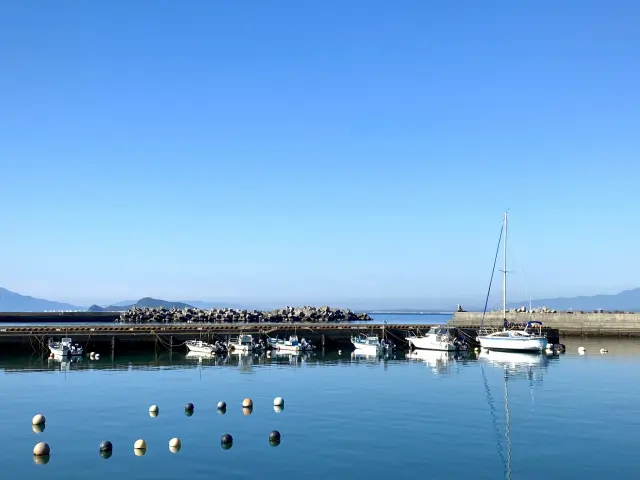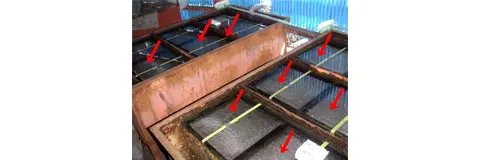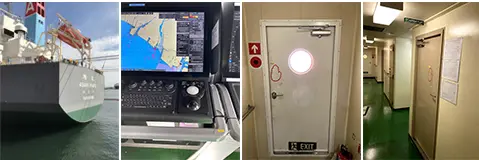Where is KENIFINE™used?
KENIFINE™ is used in various scenes of life

Home
KENIFINE is used for wet areas such as the kitchen sink and bathrooms that could get moldy. KENIFINE is used for smartphones and spoons as well.
Living room
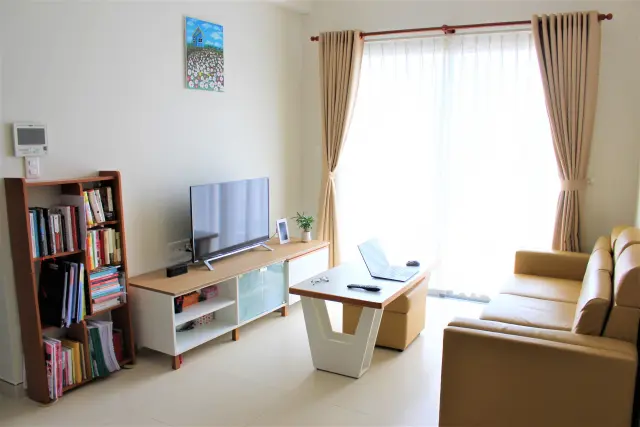
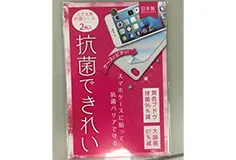
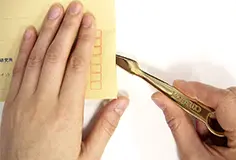
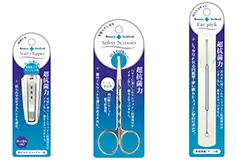
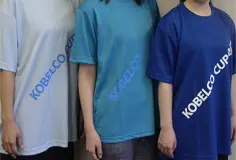
Kitchen
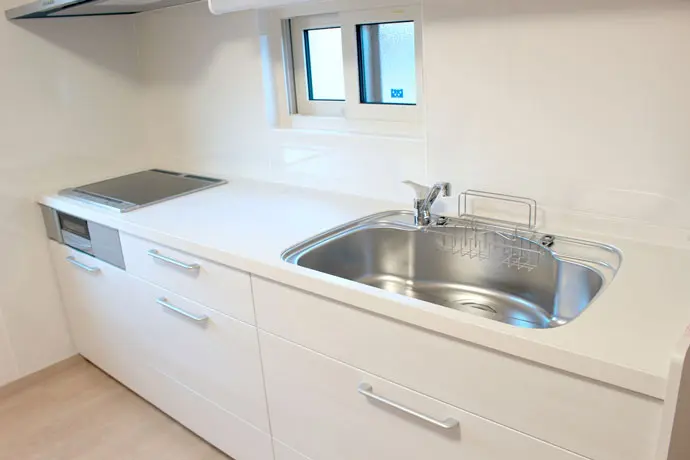
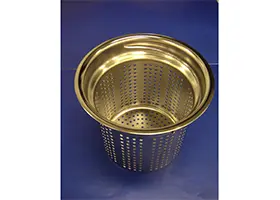
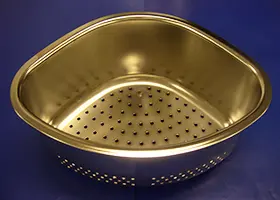
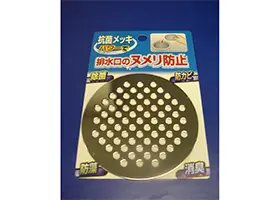
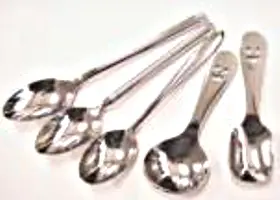
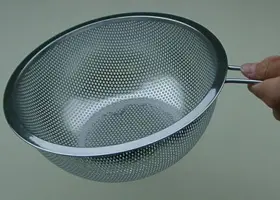
Bathroom
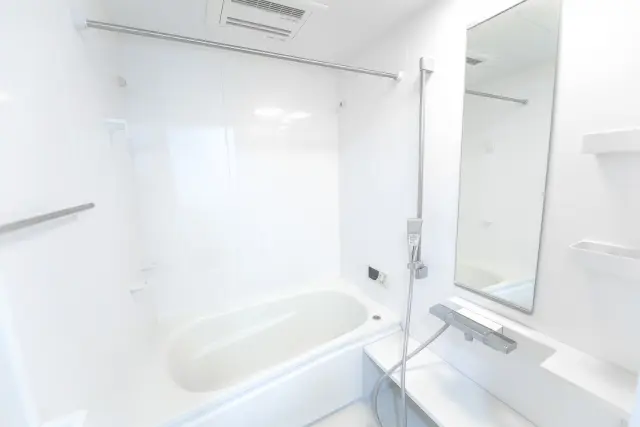
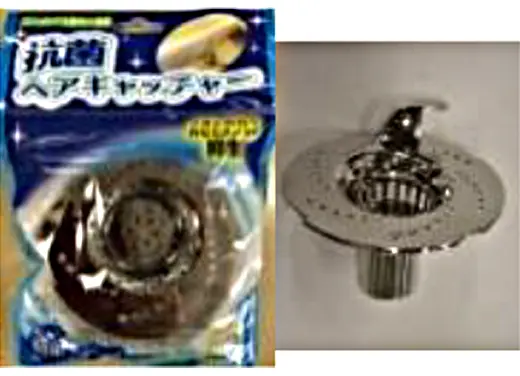

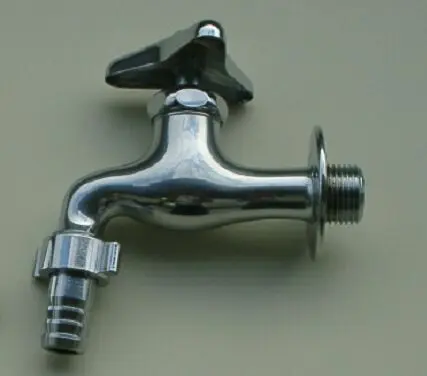
Restaurant and Food Center
KENIFINE is used for handles of food shelfs in restaurant kitchens and for school lunch baskets.
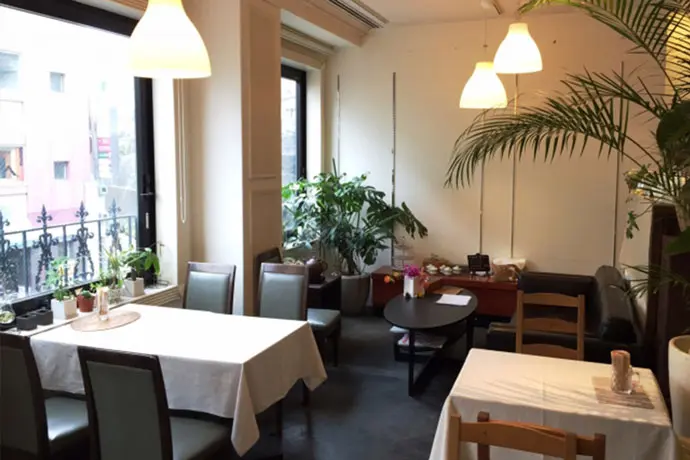
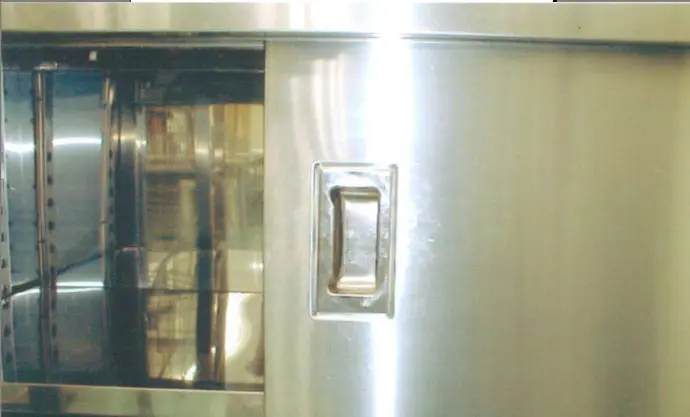
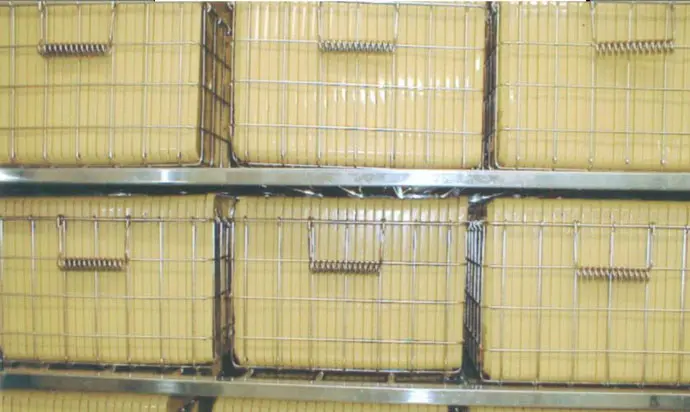
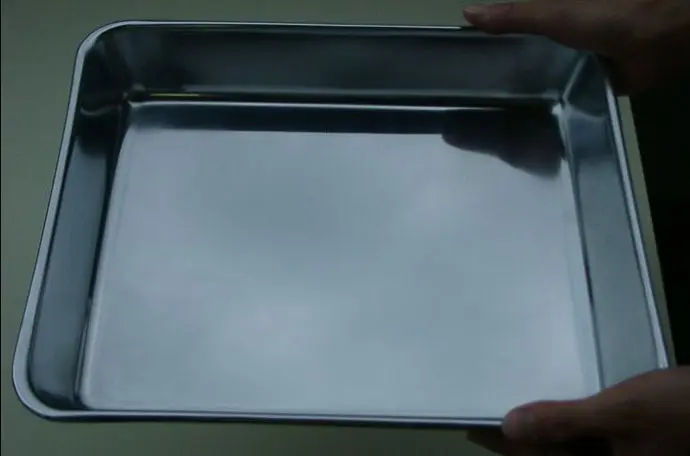
Hospitals and Nursing Care Facilities
KENIFINE is used for door handles, medical storage carts, and medicine notebooks.
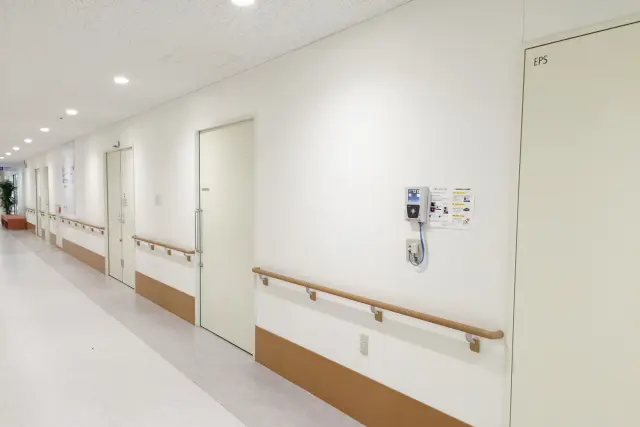
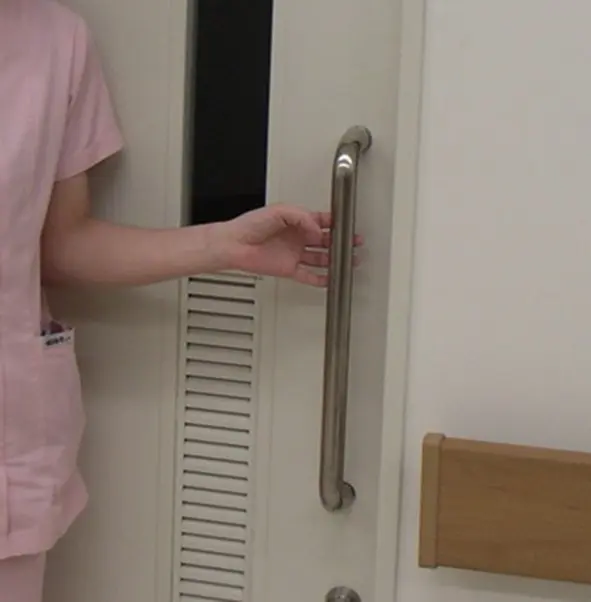
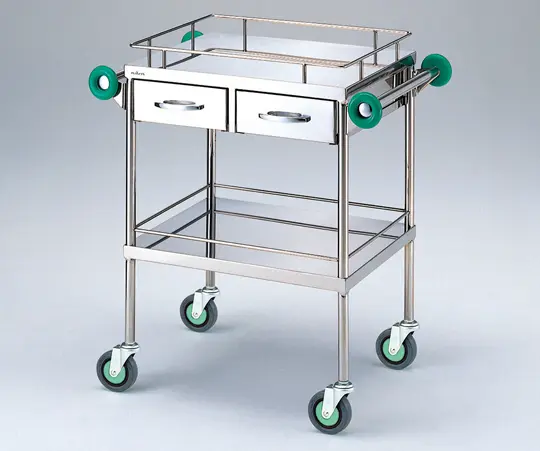
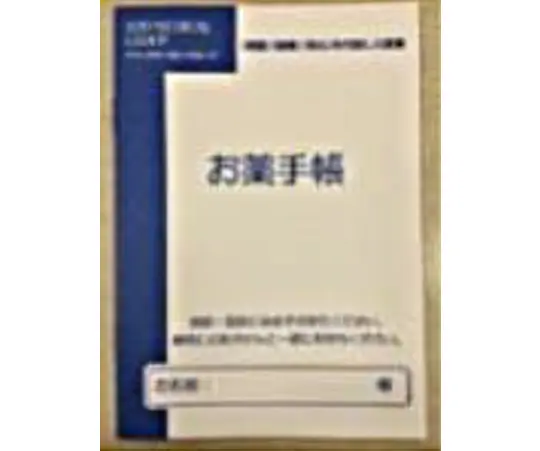
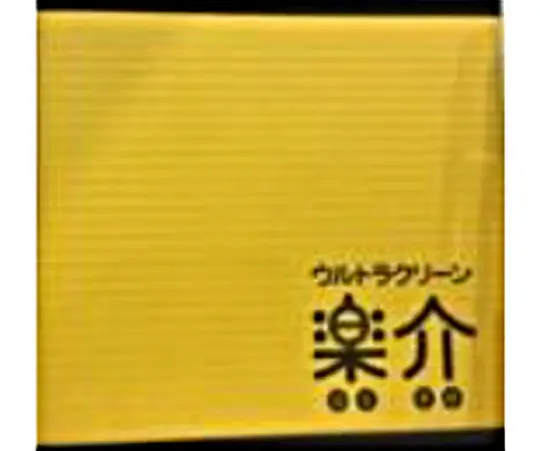
Airport
KENIFINE is used for the door handles of the Kobe Airport terminal building.
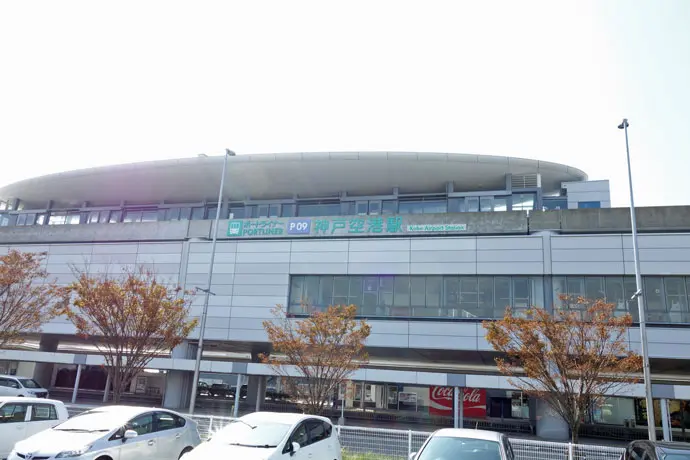
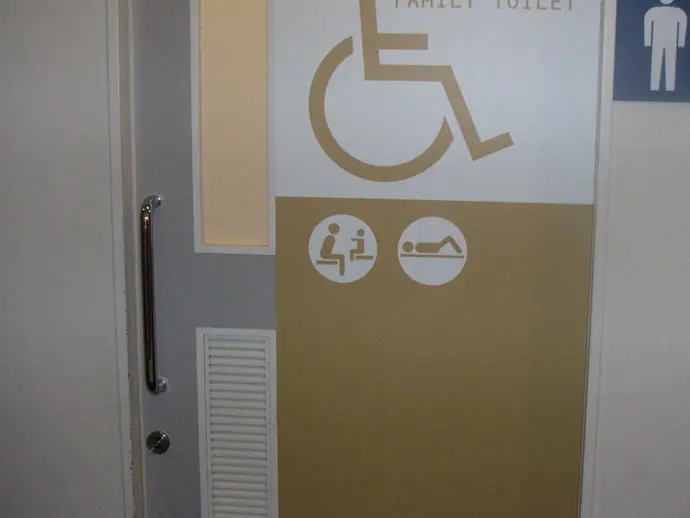
Train
We are working on to have KENIFINE applied to train handrails.
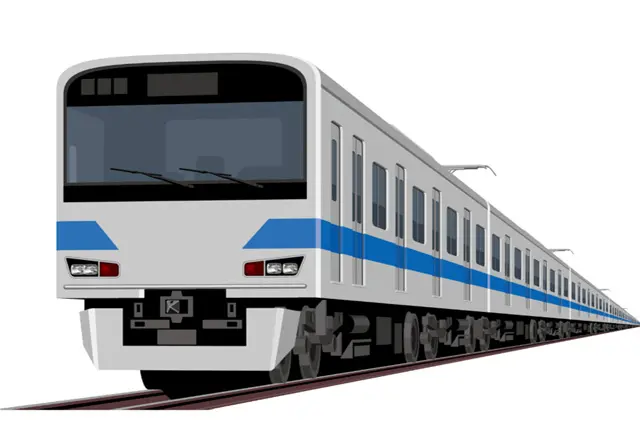
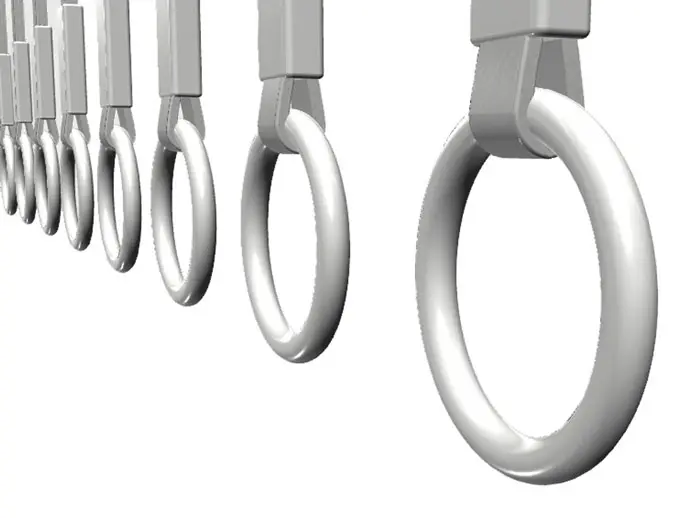
Sports venue
KENIFINE is used for Judo tatami mats and golf ball markers.
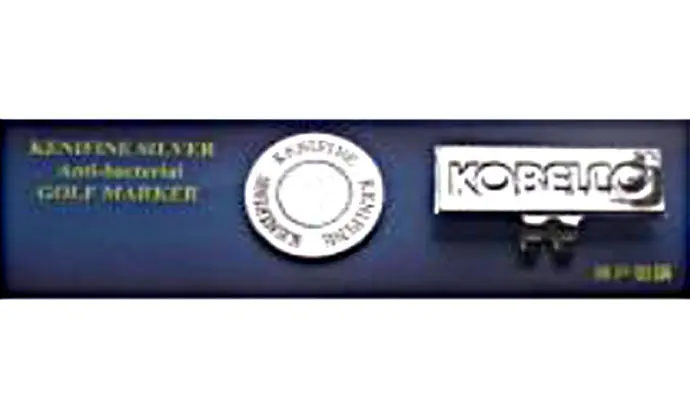
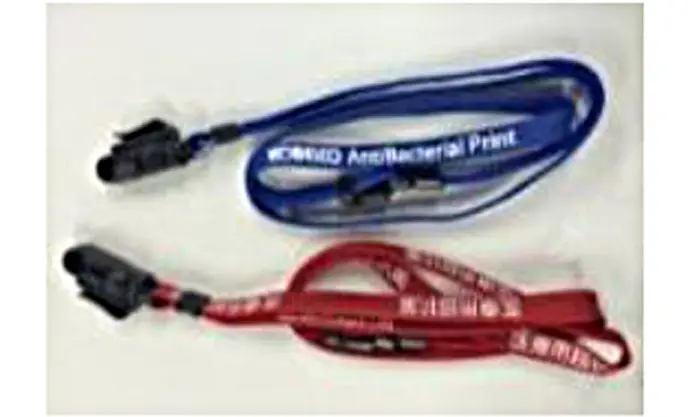
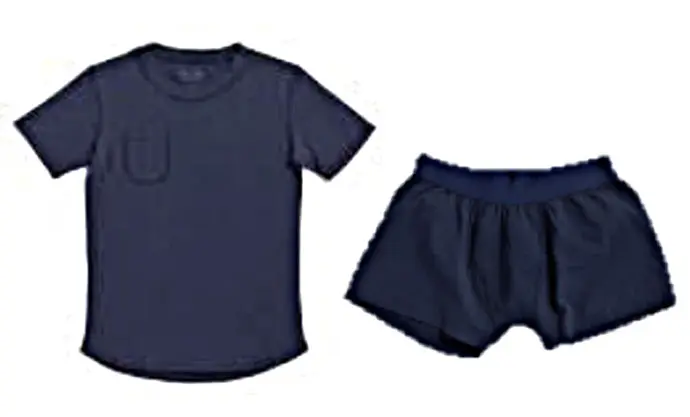
Story about Judo Tatami Mat
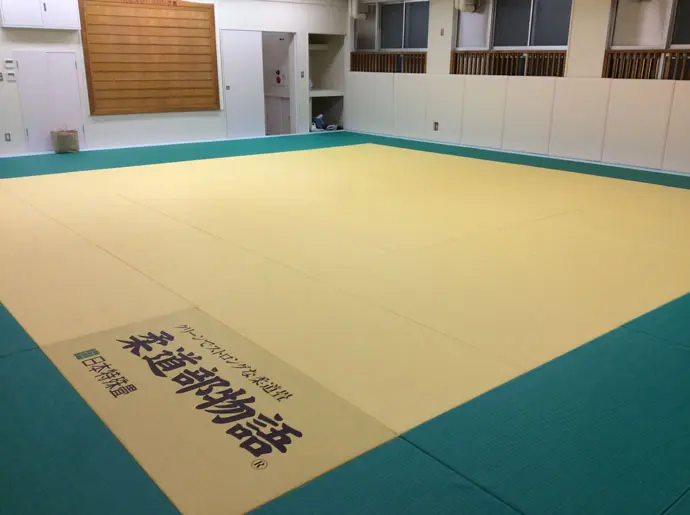
In Japan, judo is taught as a compulsory subject in junior high schools. As judo is practiced with bare feet, there has been a concern for many years about ringworm infection (so-called athlete's foot), and it seems that many athletes are actually infected. To solve this problem, Tabata Co., Ltd. developed a Judo Tatami mat, Judo Club Story®, with excellent antibacterial properties by utilizing Kobe Steel's patented KENIFINE technology. The company has tested its antibacterial and antifungal properties against ringworm infection, as well as shock-absorbing and anti-slip properties at a third party and confirmed that it has actual effects. Tabata has developed four types of products according to the level of judo practitioners and the location of tatami mats.
KENIFINE has been applied to the judo tatami mat Judo Club Story®, which reduces bacteria 10 times faster and prevents mold formation 50 times stronger than conventional antibacterial technology. The product is highly effective to improve the sanitary environment of judo place, and it will continue to contribute to the expansion of the number of judo practitioners.
Plant factory
KENIFINE is used in plant factories.
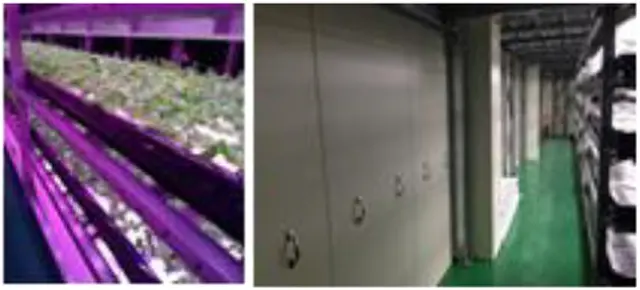
Story about hydroponic materials

The hydroponic (nutrient solution) cultivation of agricultural products, which is mainly conducted in plant factories, is attracting attention as a method effective for areas that are not suitable for cultivation due to geographical conditions because of its high productivity per unit area and the fact that it does not require the work required for soil cultivation, such as soil leveling, fertilization and weeding. However, because of the constant use of water, algae are generated on the surface of cultivation panels and in cultivation tanks, making it easier for harmful insects such as fungus gnats to propagate. In addition, algae make the landscape of cultivation facilities worse and require a lot of labor to remove them.
To solve this problem, Kobe Steel, Takashu Kagaku Co., Ltd. and the Research Institute of Environment, Agriculture, and Fisheries, Osaka Prefecture conducted joint research on the practical application of agricultural materials using KENIFINE, and developed a new algae-proof material by installing a metal or resin material coated with KENIFINE at the boundary between the cultivation tank and the cultivation panel. As a result, algae were effectively suppressed without affecting the growth of crops, leading to the improvement of the environment for hydroponic cultivation.
Harbor
KENIFINE is used for aquaculture nets. Kobe Steel is also working to expand the application of this technology to ships and other facilities.
